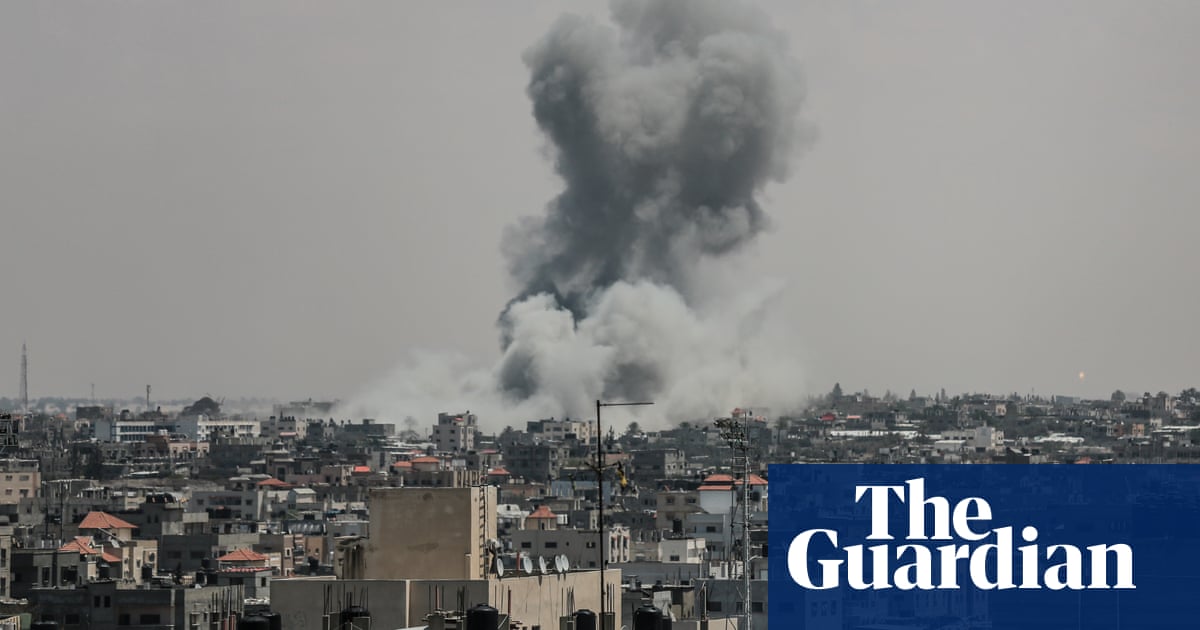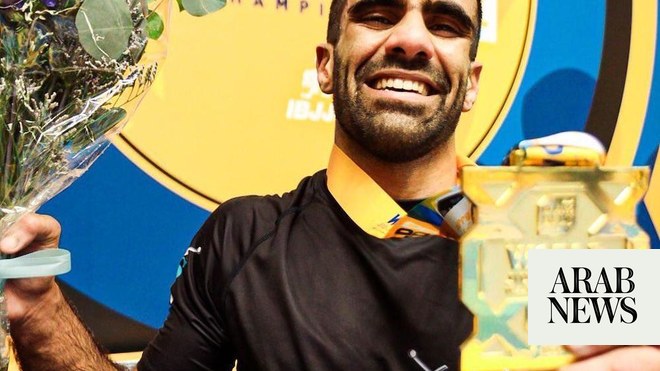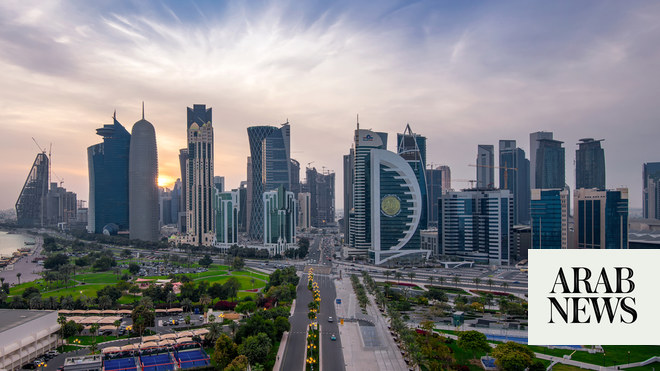
Vladimir Putin’s annual speech before the Federal Assembly last week marked a transformation in Russian policy. Since he assumed power at the turn of the century, Putin has focused on pulling Russia out of the dismal situation it had reached following the break-up of the Soviet Union. Trying to rebuild the country’s decaying economy, society and military, he adopted cautious foreign policy. Russia, nonetheless, was being challenged on many fronts: NATO was expanding ever closer to its borders; the United States was installing a ballistic missile defense in Europe that would severely impede Russia’s deterrence abilities; and there was the wave of American military expansionism from Afghanistan to Iraq as part of the war on terror following the events of 9/11. Russia’s ability to pull strings in the international arena was very limited, while in the Middle East it was non-existent.
The first Russian backlash against continued NATO expansion came in the summer of 2008, when it responded to a challenge from then-Georgian president Mikheil Saakashvili by invading Georgia and creating two autonomous pro-Russian territories. This Russian resurgence appeared to be a brief interlude. When Barack Obama assumed office in 2009, and with Dmitry Medvedev at the helm in Moscow, the two powers embarked on what they called a “reset” of their relationship. In the Middle East, this new detente translated into Russia agreeing to the international sanctions against Iran, championed by the US, in order to bring Iranian negotiators to the table over its nuclear program.
The Syrian crisis that began in 2011 was a crucial factor in bringing an end to this renewed Russian-American detente, as Russian vetoes at the United Nations Security Council stymied Western-backed resolutions on Syria. And, in 2013, Moscow championed the diplomatic efforts that prevented a US military strike against Syria. Nonetheless, it was the crisis in Ukraine that delivered the final blow to Russia’s relations with the West. After Crimea, a new chapter was opened in Russian foreign policy, above all in the Middle East.
In last week’s speech, Putin said: “The Syrian operation has shown the increased capabilities of the Russian Armed Forces.” Russian arms sales, second in the world after the US, have boomed following the intervention in Syria, with the Middle East a primary market. Yet the Russian intervention in Syria that began in 2015 had more far-reaching effects than that. Having been ousted from the regional scene through the diplomatic machinations of Henry Kissinger four decades ago, Russia was able to reestablish itself as an arbiter of regional affairs alongside the US.
In the aftermath of Putin’s speech, the Kremlin will be even more assertive in pursuing its foreign policies. This new doctrine will have a direct impact on the Middle East in the form of increased Russian geopolitical and diplomatic initiatives that will extend far beyond Syria.
Having been ousted from the scene through the diplomatic machinations of Kissinger four decades ago, Russia has now firmly reestablished itself as an arbiter of regional affairs.
Fadi Esber
The intervention in Syria allowed Putin to establish himself as an indispensable partner to many regional powers. He was able to bring Iran to the table and, after a year-long effort, Turkey — an unprecedented achievement in historical terms. For centuries, the Persian and Ottoman empires clashed repeatedly with an ever-expanding Russia. The Great Game continued in the 20th century as both Turkey and Iran (until the 1979 revolution) were allied with the West against the Soviet Union. Putin, however, was able to bring both regional players to his table. The Astana process, which emerged from the Syrian conflict, is a byproduct of this balancing act.
Their cooperation in Syria aside, Russia and Iran have overlapping spheres of geopolitical and economic influence in the Caspian Sea, Afghanistan and Central Asia. With continued US pressure on Iran, and the nuclear deal under threat, Iran might inch closer to Russia in order to escape this duress.
The Turkish-Russian relationship goes beyond Idlib and Afrin. Turkey holds the keys to the Black Sea and enjoys a commanding position on energy transport routes, so President Recep Tayyip Erdogan has very powerful bargaining chips in his dealings with Putin. While Turkey is unlikely to abandon NATO, Putin was still able to go further with Turkey than any Russian leader in history. The fact that Turkey, despite being a NATO country, is acquiring a Russian air defense system exemplifies this drastic transformation. And, as Turkey’s relationship with the US continues to deteriorate, especially over the Kurdish issue, Putin will be there to reap the benefits.
The Astana process, far from being a Syria-based initiative, could give way in the near future to a more established forum between Russia, Turkey and Iran, allowing Putin to continue to play a delicate balancing act between these two restless and competing regional powers.
Russia, however, is not putting all its eggs in the Turkish-Iranian basket. Moscow has, in recent years, sought to build its relations with two major Arab powers: Egypt and Saudi Arabia. Again playing on a fledgling US commitment, Russia offered itself as a stable partner to Egypt. Military and economic cooperation between the two countries is only expected to increase in the near future.
As Moscow wraps up its military operations in Syria, having established two permanent bases there, expansion of any form toward Egypt will cement Russia’s position in the natural gas-rich Eastern Mediterranean and the overall Middle East. Meanwhile, relations between Russia and Saudi Arabia have also witnessed an upwards trend. Being two of the world’s top oil producers, the Russian-Saudi understanding concerning energy markets is crucial.
Brandishing many new nuclear capabilities, Putin’s speech indicates that Russia will aggressively respond to any challenges it may face in the future. Its presence in Syria has become a Russian national interest, allowing Moscow to exponentially increase its geopolitical and diplomatic fortunes in the Middle East, despite repeated challenges from the US, Europe and multiple regional players. Defending this newly-established position in the region will, therefore, be an integral part of the new and assertive Putin doctrine.
Fadi Esber is a founding associate at the Damascus History Foundation, a private organization promoting research on themes related to the history of Damascus from the 19th century to the present. He is pursuing a doctorate in history at the London School of Economics and Political Science.











